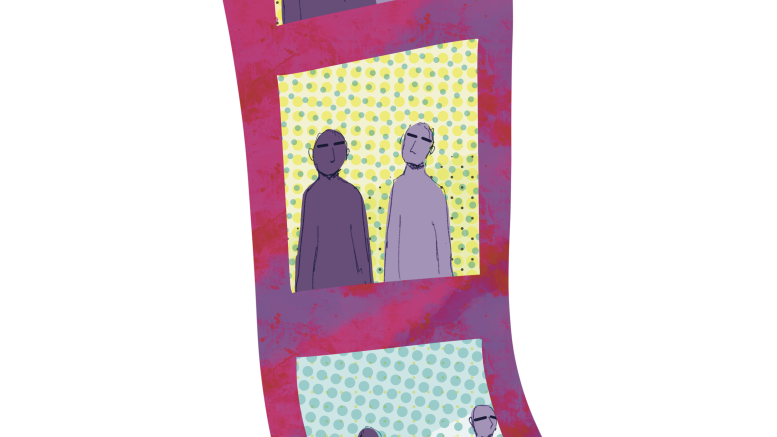Friendship is a deeply social process. bell hooks writes in All About Love, “friendship is the place in which a great majority of us have our first glimpse of redemptive love and caring community.”
Many sociopolitical forces make us choose friends and maintain friendships, like race, class, gender, language, religion and more.
These forces can also restrict friendship. For example, many women share the tired statement that female friendships are dramatic and they prefer friendships with men. In this way, many women perform for the deep-rooted misogyny in society.
I observed friendships functioning as part of the social fabric during the height of the COVID-19 pandemic. While I was thankful that no one in my immediate family was ill and we were safe in our home, my friendships went through a rough patch.
I was in a bad place — mentally and academically — as I was supposed to start my masters in September 2020. The initial few months of isolation extended well into 2021 because none of us wanted to risk the health of my 83-year-old granddad.
So, I took up freelancing writing jobs, applied to a few more universities, noticed how some friendships fizzled out while some ended in outbursts of anger and went up to the terrace of my house to cry.
Later on, when I started my pre-masters, I attended classes with a 11-and-a-half-hour time difference. My labour was exploited while I paid the international student fee for attending Zoom classes, which was $7,584 for the fall term.
The pandemic forced us out of the life and career cycle influenced by Fordism, only to push us back into it harder.
Everyone was struggling, some more than others. People have been dying, many have been losing jobs and academic prospects and many suffer from long COVID-19 conditions, all of which have stopped us collectively from processing trauma. We have become alienated both physically and mentally from each other.
Looking back, it becomes clearer how the capitalist system actively encouraged this alienation. As we transitioned into working from home, the boundary between work and personal life — or whatever was left of it — slowly dissolved into nothing.
Those who lost jobs and those who had to keep working faced challenges that affected their relationships. As Karl Marx and Friedrich Engels wrote in The Communist Manifesto, “by the action of modern industry, all family ties among the proletarians are torn asunder, and their children transformed to simple articles of commerce and instrument of labour.”
While this thought is in conversation with the idea that the foundation of the family is based on capital, the point stands.
The modern industry 2020 aided in the appallingly increased wealth gap between the rich and the poor during the pandemic. According to Joe E. Stiglitz, writing for Scientific American, globally between 2020 and 2021, billionaire wealth ballooned by $4.4 trillion while simultaneously over 100 million people fell below the poverty line. Living in a country like India, where the wealth gap is glaringly visible, I saw personal relationships paying the price.
I have always lost and found friendships when I least expected it. The only time I sensed the loss of friendships before it actually happened was during the pandemic. The system drained us so much that we collectively lost compassion and love, which are fundamental to healthy friendships.
I’m not merely lamenting the friendships I have lost — I would like to think I have found my peace. But I’m appreciating the friendships that endured. I feel gratitude to them for staying. For resisting systemic injustices, for being my comrades. I love every one of them.
I love the park scene from the movie Joyride, where young Audrey and Kat meet for the first time in a predominantly white neighbourhood. They go to play on the slide together when a boy comes up to them and tries to bar them from the slide while saying racist things to them, to which Kat replies with a swear and sucker punches him.
I have friends like that in real life. I will not lose them to capitalism.



